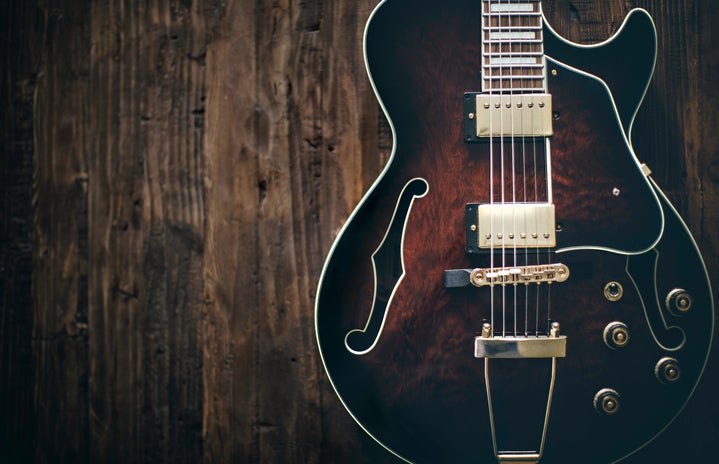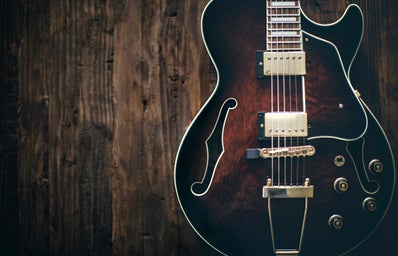Modern-day country music is a genre that seems very insular to outsiders looking in. It feels as if everyone who listens to music on a frequent basis differentiates themselves into two groups: those that listen to country music only and those that can’t stand the mere sound of it.
People generally have an uncharitable idea that country music is for white people who are Christian with two pickup trucks and a spread of guns that would make the military blush. This is a stereotype that does no service to listeners of the genre. Despite this common misconception, the modern-day country music scene is becoming far more diverse. Artists from different backgrounds are beginning to receive the accolades they deserve and listeners from outside of the standard “country fan” mold begin to dip their toes into the genre.
The fact that this shift is necessary is an unfortunate one, however, considering the origins of country music as a whole.
Country music as we know it had its humble beginnings in the American south and southeast, with its stylistic origins taking inspiration from Creole, Cajun and Appalachian cultures. Black Americans had a major impact on the way the genre initially shaped itself, a large portion of the very core of country music can be traced back to black culture as an origin point.
This fact becomes a sad one when considering the way the modern country music scene feels so insular and culturally “white” despite the origins of the genre being anything but.
This can be traced back to a large portion of listeners, namely white Americans, being reluctant to listen and support people who they feel are not “like them.” Country music essentially being co-opted by more Conservative groups in the U.S. has not helped this in the slightest and has only exacerbated the issue.
We all saw the vitriol that Lil Nas X faced for merely using a cowboy aesthetic and making an amusing song about horses, of all things. The venom from the modern country music fanbase is incredibly toxic towards people who don’t fit in the precise mold that is generally approved of.
There are also issues in the fact that this hegemony seems to be forced by powerhouses in the country music scene. One major reason for this is the way that the Country Music Association, a large organization dedicated to uplifting country music artists and promoting their work, has only presented a Black musician with their coveted “New Artist” award two times despite the award being given for 63 years at this point.
When taking into consideration the way that black culture has shaped the genre, and the way country music has picked and chosen desired aspects from it, this statistic is grim.
Despite this unfortunate statistic and the outright hostility they may face, Black music artists are constantly making an impact in the scene and combating the idea that country music is a “white” genre. No style of music benefits from being hegemonic, and Black artists have always been there. Multiple artists have spoken out about this, here is a link to an article where multiple Black country artists discuss the issues that they have faced over the years.
The origins of country music are another example of something taking far too much “inspiration” (appropriation) from a group of cultures without providing the proper accolades to the people who helped it originate. Despite the “white” appearance of the genre at first glance, it’s important to remember just how diverse the country music scene is.
A lot of people will stick their nose up at the genre as a whole, but looking into its origin story can offer far more insight as to why the modern-day appearance of the genre is the way that it is.


